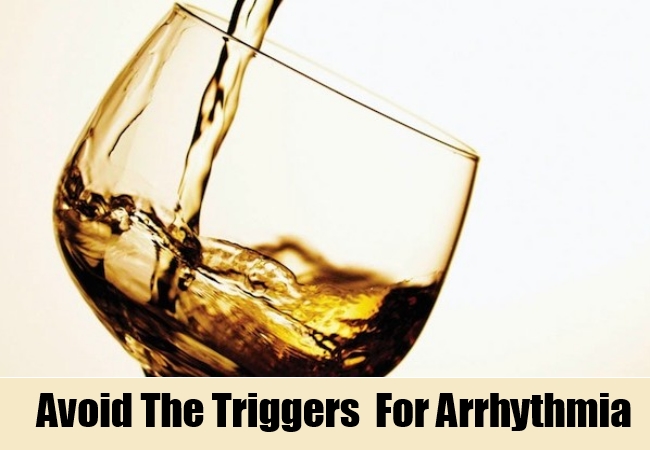Arrhythmia is a disturbance in heart rhythm due to faulty electrical activity in the heart. This leads to the heart beating too slow, too fast or irregularly. Some types of heart arrhythmias can be life-threatening, so you should take them seriously.
Sometimes you may have no symptoms, and an arrhythmia may be detected upon routine examination without your awareness of having it. Symptoms when present, tend to be fluttering felt in the chest, racing heartbeat, slowed heartbeat, shortness of breath, chest pain, dizziness, lightheadedness, or sometimes fainting. The causes for arrhythmias are varied: heart attack (now or in the past), blocked coronary arteries, raised blood pressure, diabetes, overactive thyroid gland, stress, smoking, too much caffeine or alcohol, certain medications, electrical shock, dietary and herbal supplements, and air pollution.
Different Home Remedies for Arrhythmia
Since arrhythmias can cause heart failure or stroke, and sometimes even death, you should get proper treatment by consulting a doctor – medications, cardioversion (shock therapy), radiofrequency ablation, pacemaker, or even surgery. In addition, you may try these home remedies, in consultation with your doctor, which work mainly in case of fast or irregular heartbeat.
Holding Th e Breath And Then Straining
This technique works when you have a racing heartbeat. Holding the breath and then straining, stimulates the nerves that control the heartbeat, namely, the vagus nerves. Stimulation of vagus nerve slows down the heart rate.
Dunking The Face In Ice Water
If you dunk the face in ice water, it stimulates the vagus nerve, and thus slows down the heart rate. Try this only if you have a racing heartbeat.
Coughing
Coughing, too, works in a similar manner to the above two methods, namely, by stimulation of the vagus nerve. So, this should be tried only in case of racing heartbeat. Needless to say, you should not attempt the above three vagal maneuvers in case of slowed heartbeat. So, be absolutely sure what the nature of your arrhythmia is, and if need be, time your pulse rate for a minute. The normal pulse rate at rest of an adult over 18 years of age is 60-90/minute, with lower limits of normal being more likely in those more physically active. In highly trained athletes, the normal heart rate at rest can be as low as 40/minute.
Minimize Salt Intake
Salt can increase the chances of irregular heart rhythm. So, limit its daily intake. Try other substitutes for it, such as pepper and other spices, to ensure your food is still palatable despite the low content of salt in it.
Cut Down Fat Intake
You should curtail the amount of fat in your diet. Too much fat can cause the heart to beat irregularly.
Avoid The Triggers Of Arrhythmias
Minimize the amount of alcohol you consume. Alcohol can excite the heart muscle, worsening the arrhythmia. Avoid other substances that stimulate the heart, namely, caffeinated products, such as coffee, tea and the various colas, and cigarettes (nicotine). Manage stress with regular 15 minutes of daily yoga, meditation, breathing exercises, or relaxation exercises. Avoid any known stressors and stressful events or situations in your life.
Caution: Please use Home Remedies after Proper Research and Guidance. You accept that you are following any advice at your own risk and will properly research or consult healthcare professional.







